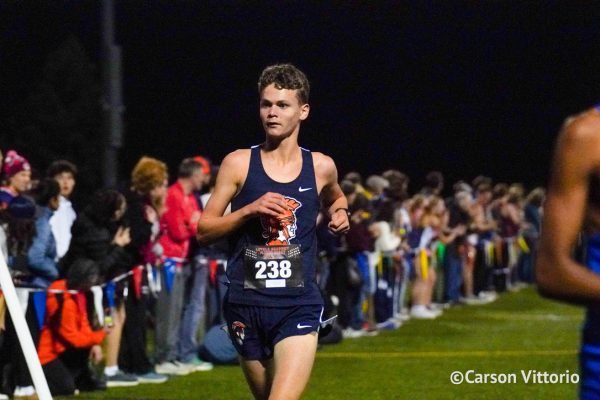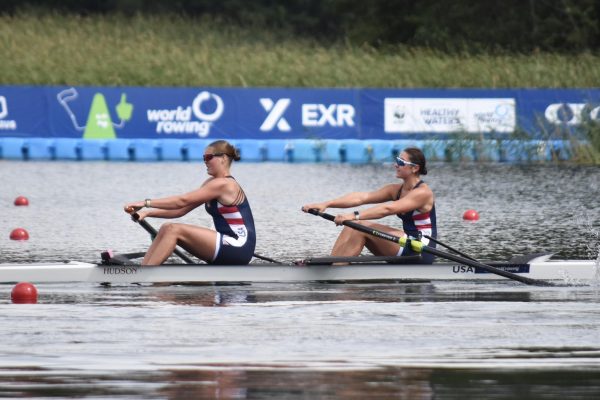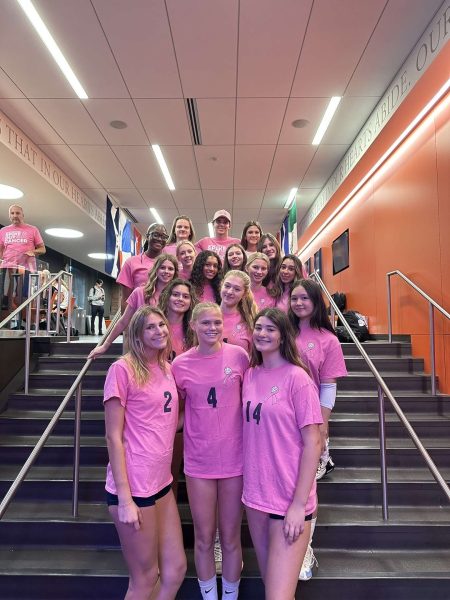Does the NCAA Indirectly Punish Low-Income Athletes?

November 16, 2019
As the rules, regulations, and decisions of the National Collegiate Athletic Association have continued to permeate the American news firewall, several current, nationally famous NCAA athletes have been deemed ineligible due to violations that would likely seem trivial to the average spectator. With several students pursuing positions as post-secondary athletes and a whole host of college sports fans, Latin turns out to be a place with plenty of opinions on the matter.
On November 8th, the NCAA revealed that both James Wiseman of the University of Memphis’ basketball team and Chase Young, the star defensive end for Ohio State University, would be suspended for a then-indeterminate amount of time. The move led dozens of sports journalists and news publications to harshly criticize the association – Sports Illustrated even calling the situation “the NCAA’s existential crisis” – and for good reason, as the players, some would argue, are being punished solely for their lack of financial resources.
And how could that be? Well, first, consider Wiseman’s situation. His family, according to the NCAA’s findings, couldn’t afford the move from Nashville to Memphis to be closer to Wiseman and his basketball career, and thus reached out to his high school coach (former NBA star Penny Hardaway) for monetary assistance. In the eyes of the NCAA, this is effectively the same as Wiseman being paid to attend the University of Memphis – to them, a severe infraction.
Young’s story is even more confusing. Last year, he allegedly asked a family friend for a loan to fly his girlfriend to the Rose Bowl, which he claims to have since paid back in full. Regardless, the association considers this financial cheating, and slapped Young with a four-game suspension.
How is this allowed? Shouldn’t the players’ intents be considered before the NCAA punishes them? And if the players themselves could profit, wouldn’t the whole situation be resolved, as they then could pay their own way? Well, the Latin sports-fan and athlete communities had a variety of opinions.
Juniors Eli Aronson and Matthew Shrake, both of whom call themselves “huge fans” of college sports, took near-opposite stances:
“The NCAA’s financial rules are dumb,” Eli began, “however, a violation is a violation. The association can’t give star players special treatment based on their intent. They have to be fair in their punishment.”
Matthew, however, argued on behalf of the NCAA: “Players absolutely should not profit off of their name and likeness, as it would ruin college sports. They should keep all of the current rules about money in place –college athletics should be about playing for school pride, not trying to get rich.”
Lucy Norris, a sophomore and “two-and-a-half”-sport varsity athlete who aims to play in college, posed an interesting question: “If athletes do end up being paid in college, will female athletes be given the same treatment as men? Or will male athletes be paid more?”
Other members of the Latin community have sworn off NCAA fandom entirely. Ms. Metzler, for example, no longer watches college sports because, as she said, “players are giving their bodies and their lives to their school, and aren’t compensated, while their schools profit off of them. They’re (football players) literally getting brain injuries for their school’s team with no financial reward.”
As it stands, the NCAA is walking on a fault line between their current “pure” refusal to provide compensation and becoming the supervisor of paid college athletes. Seeing as hundreds of under-the-table deals happen each year, and in some parts of the country legislation has even been passed to ensure athletes’ payment, it seems logical that huge change is on the horizon of college sports. Until then, athletes like Young and Wiseman will continue to fall victim to exaggerated and inconsequential “offenses.”






















































Robert Igbokwe • Nov 17, 2019 at 9:49 pm
This article is excellent, Peter!! 🙂 🙂 This is such an important yet seldom discussed topic and you handled it so well! I never thought about how some of the NCAA’s policies might be specifically targeting low-income students and you make a well-written and thought through argument. Lucy’s question is also really interesting. Thank you so much for bringing this topic to our community.